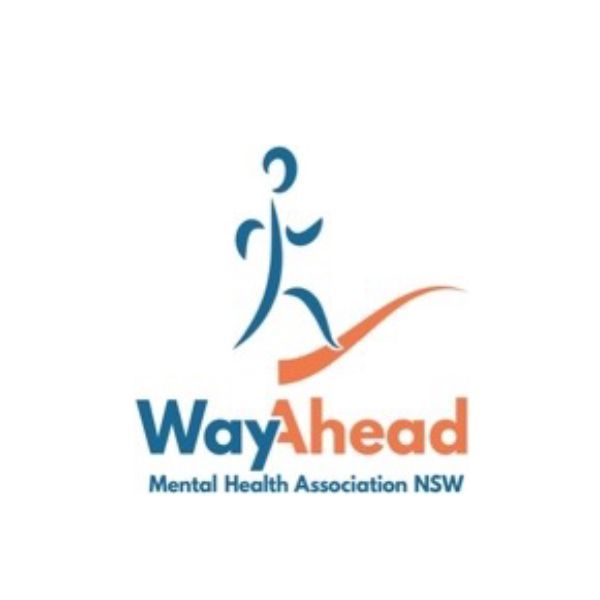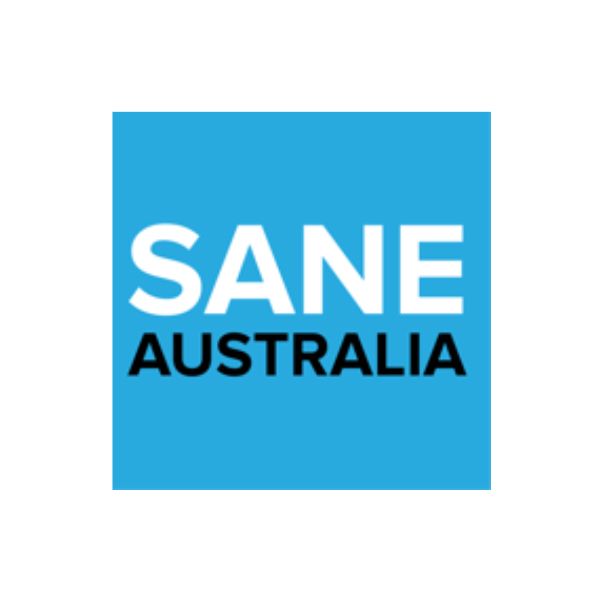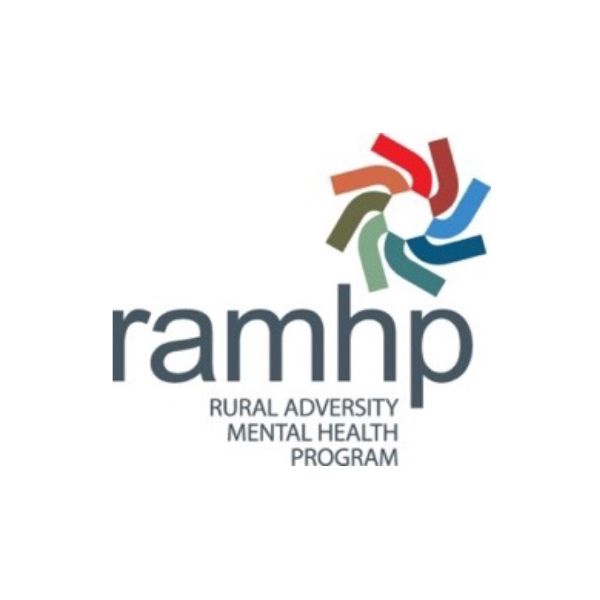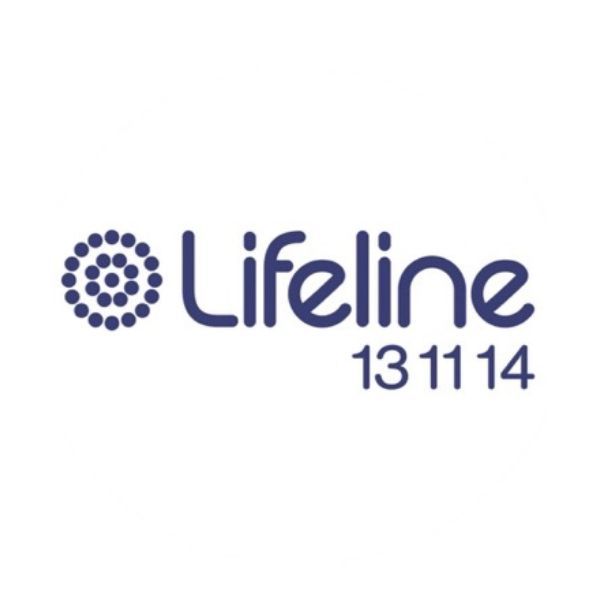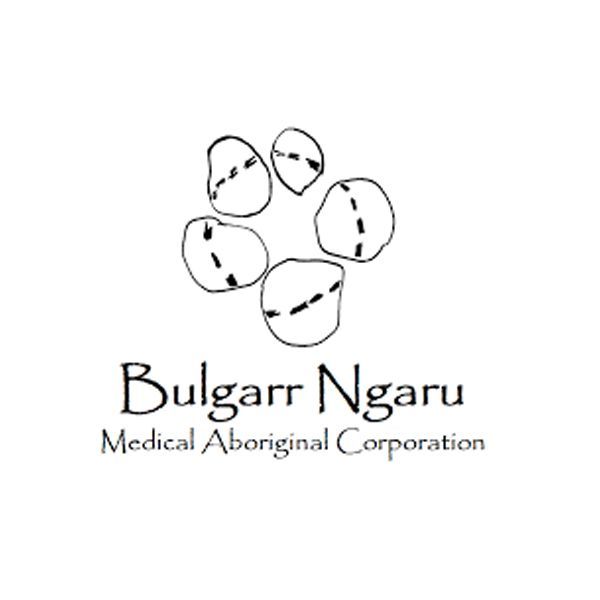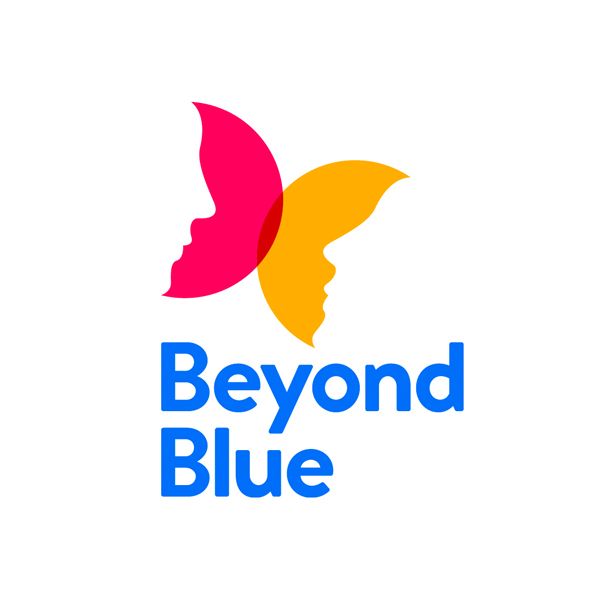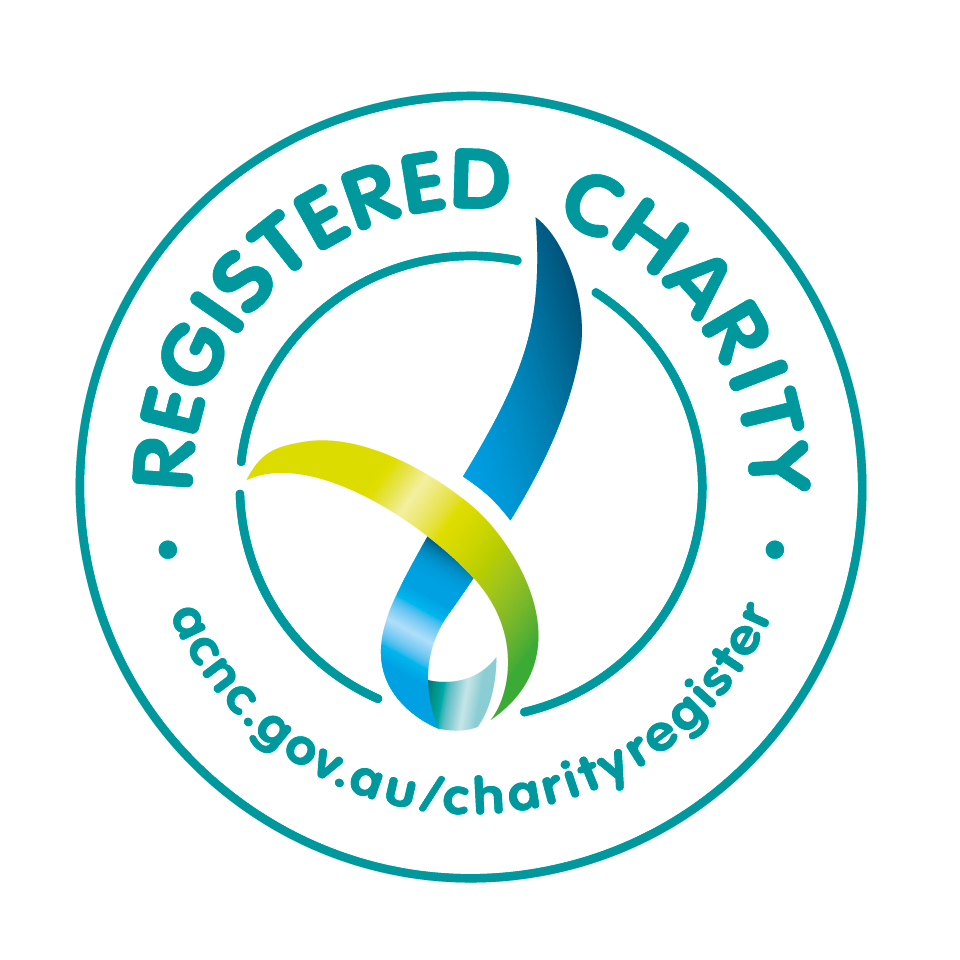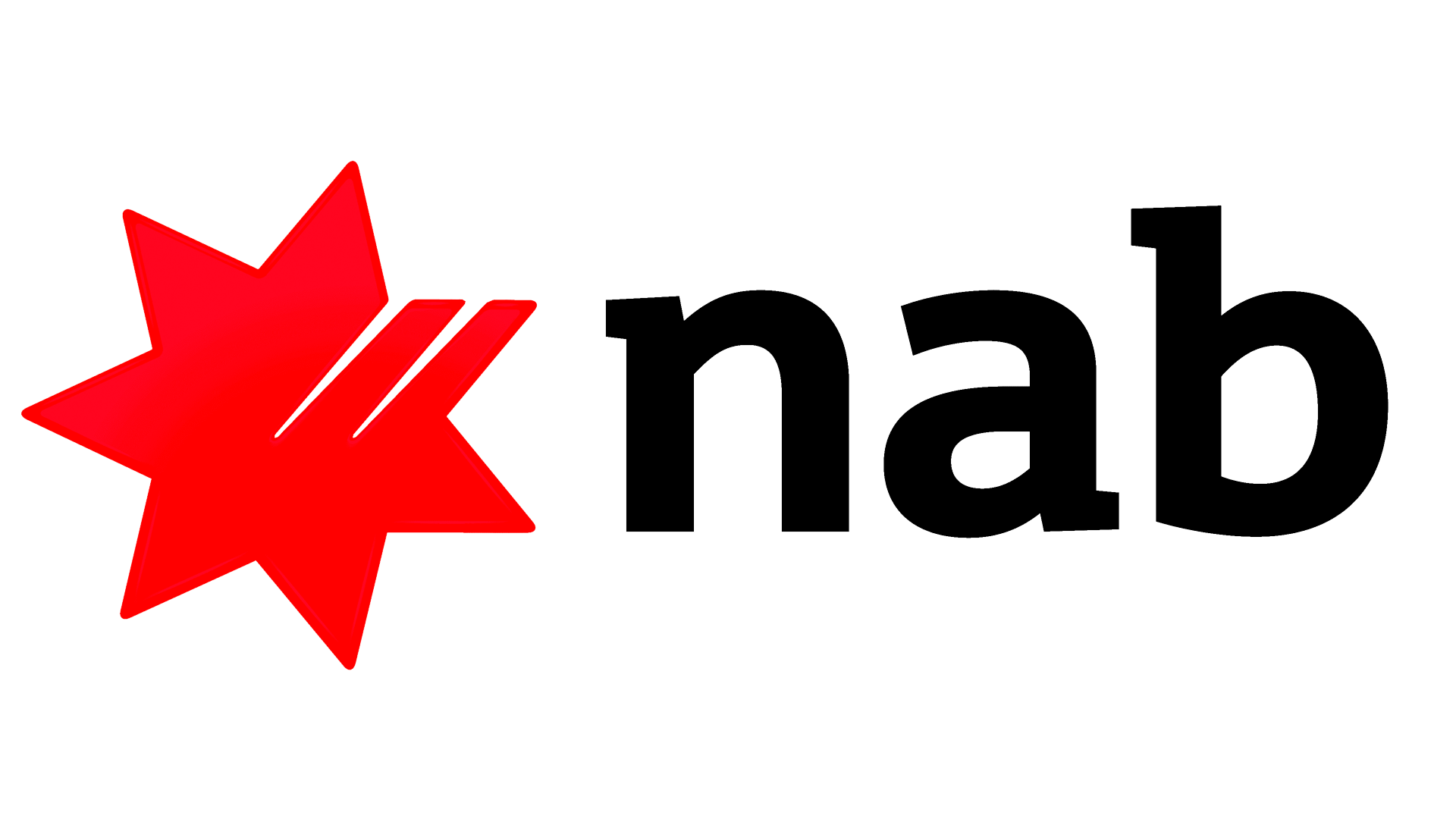Looking after your Mental Health
Immediately following a disaster, individuals may experience a sense of shock, disbelief, or emotional numbness as they process the magnitude of the event. Feelings of fear, anxiety, and uncertainty are common responses to a disaster. Concerns about personal safety, the well-being of loved ones and the future can be overwhelming. Disasters can evoke a range of emotions, including sadness, grief, anger, irritability, guilt, or helplessness. Emotional distress may be triggered by loss of life, property damage, or disruption of daily routines.
Recovery can be a prolonged process and it may take time for a community and an individual to return to normal life. As shown in the figure below Psychological Phases of Disaster, there is no set amount of time for recovery from a disaster.

Source: The Zunin & Myers stages of recovery in the Psychiatric Times.
Taking care of your mental health after a disaster is crucial for your overall well-being and recovery. Ensure that you seek support by reaching out to friends, family and community members for emotional support. Connecting with others who have shared experiences can provide comfort and a sense of validation and understanding. Local organisations such as ICOPE and Rotary, support groups, or government agencies may offer counselling, support programs, or workshops which can provide valuable guidance and assistance.
Your physical health can impact your mental well-being, so ensure you eat a balanced diet, stay hydrated, exercise regularly and get sufficient sleep. These healthy habits can support your resilience and overall mental health.
While it's important to stay informed, excessive exposure to media coverage of the disaster can increase stress and anxiety. Set boundaries on how much news and social media you consume and focus on credible sources of information. Take breaks from media if it becomes overwhelming.
It is important to recognise that healing takes time, and it's normal to experience a range of emotions. Allow yourself to grieve, process the trauma, and be patient with your recovery. Seek professional help if your mental health concerns persist or worsen over time.
Remember that everyone's journey to recovery is unique, and it's essential to find strategies that work best for you. If you or someone you know is struggling with severe distress, depression, or thoughts of self-harm, seek immediate professional help or contact a helpline.
Where can I learn more?
Mental Health Recovery Resources
Online Chat Services:
- Beyond Blue: www.beyondblue.org.au/get-support/talk-to-a-counsellor
- Headspace (12-25 year olds): www.headspace.org.au/online-and-phone-support/
- Lifeline: www.lifeline.org.au/crisis-chat/
- Sane Australia: www.sane.org/counselling-support
Online Resources:
- Beyond Blue: www.beyondblue.org.au/mental-health/natural-disasters-and-your-mental-health
- The Black Dog Institute: www.blackdoginstitute.org.au
- Headspace – How to Cope with the Stress of Natural Disasters (information for young people affected by natural disasters) www.headspace.org.au/explore-topics/for-young-people/natural-disasters/
- MensLine Australia: www.mensline.org.au
- NSW Government Mental Health Support after a Flood www.nsw.gov.au/emergency/floods/health-and-wellbeing/mental-health-support
- Rural Adversity Mental Health Program (RAMHP): www.ramhp.com.au
- WayAhead – Mental Health Association NSW:
www.wayahead.org.au/get-the-facts/mental-health-after-natural-disasters-and-emergencies/
Downloadable resources:
- Healthy North Coast - Looking after our mental health & wellbeing is important
- RAMHP - How are you going?
- PHN North Coasst - Where carers can find support
Phone:
- BeyondBlue: 1300 224 636
- Carers Australia: 1800 242 636
- Clarence Valley Mental Health Services: 02 6641 8250
- Kids Helpline (children 5-25 years): 1800 551 800
- Lifeline: 13 11 44
- Mental Health Carers NSW: 1300 554 660
- Mental Health Line: 1800 011 511
- MensLine Australia: 1300 78 99 78
- Mental Health Advocacy Service (Legal Aid): 02 9745 4277
- SANE Australia: 1800 187 263
- Suicide Call Back Service: 1300 659 476

